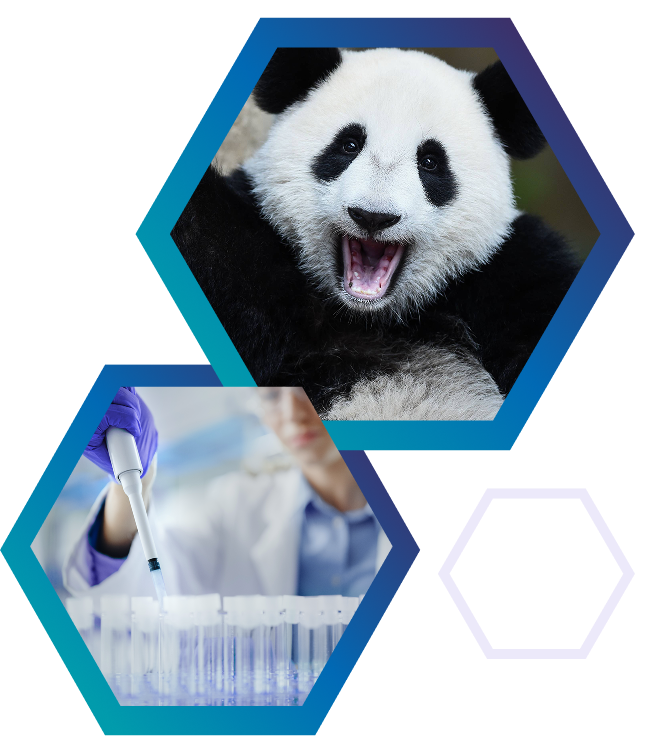Arbor Assays DetectX® Cortisol Kit Sets a New Standard in Koala Joey Rescue
Despite the best efforts and intentions, mortality remains high after rescuing orphaned baby animals, and scientists are still determining why. This is especially true in wildlife rescues of koala joeys, which make up a substantial number of rehabilitation attempts in Australia. Researchers believe the joeys’ stress response to their rapidly changing environment may significantly impact their well-being. However, traditional enzyme immunoassays used to measure cortisol and other stress hormones require labor-intensive protocols and reagents that are costly and difficult to source. To address this, scientists are turning to commercially available assay kits to help serve rescue efforts for these iconic and vulnerable animals.
A new study published in Comparative Biochemistry and Physiology Part A demonstrated these benefits with Arbor Assays’ DetectX® Cortisol ELISA Kit (K003-H). The researchers compared the readily available Arbor Assays kit to their current gold standard, a research enzyme immunoassay protocol featuring R4866 polyclonal cortisol antiserum. They used both methods to quantify stress levels in four orphaned koala joeys brought to the Port Macquarie Koala Hospital in New South Wales. Fecal samples (n=34) were collected and measured for cortisol concentration as the joeys experienced various health conditions, including injury and disease. The samples represented a diverse range of clinical backgrounds, enabling the comparison of the DetectX® kit to the established R4866 cortisol assay across varied stress levels.
Analysis revealed no significant differences (p > 0.05) in fecal cortisol metabolite (FCM) concentrations between the two testing methods for each individual joey, and both methods captured the natural variation of stress in the animals. The agreement between Arbor Assays DetectX® kit and the R4866 method is exciting because it shows this streamlined commercial kit could be reliably used in place of traditional assays. In addition, the DetectX® monoclonal antibody technology provides rapid, reproducible results from smaller sample volumes than the R4866 method. This enables quick and efficient data turnaround to inform critical decisions on joey rehabilitation and care.
While further large-scale biological validation continues, this study represents an important step in demonstrating the utility of Arbor Assays’ DetectX® kits as a new standard for practical FCM monitoring in vulnerable and endangered animals.
Featured Products
-
In Stock
Cortisol ELISA Kit
$338.00 – $1,354.00The DetectX® Cortisol ELISA Kits quantitatively measure cortisol present in a variety of samples.




